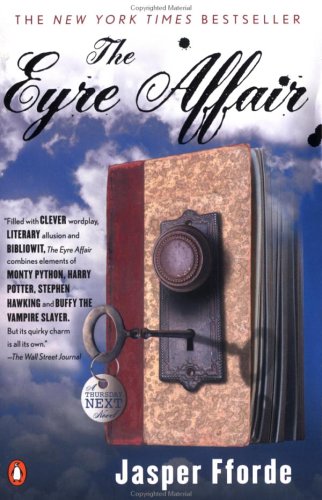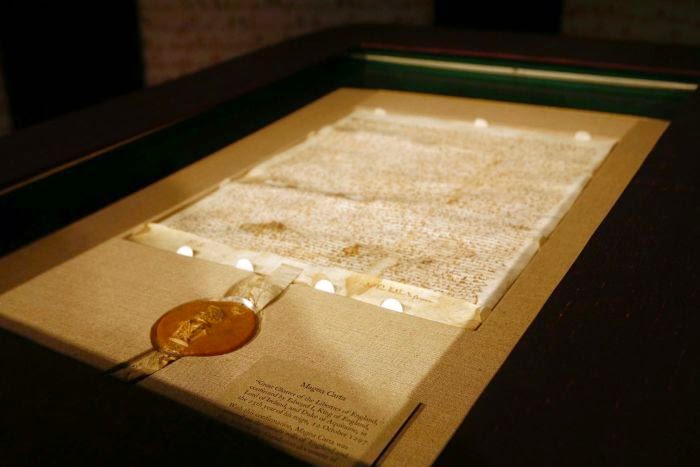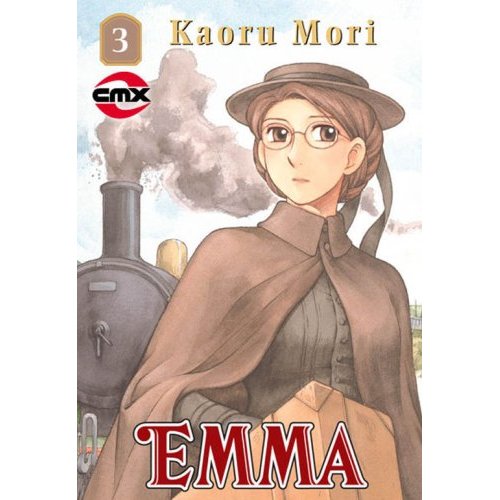Merry Wanderer of the Night [Search results for England]
Wide Sargasso Sea

Near East: Egyptian statue to remain in the UK

Day Zero Project: Postcard Addict

Readathon Hours 12-14
The Eyre Affair

North America: Ancient coin collection resurfaces after 80 years

Just Contemporary Review — Virtuosity by Jessica Martinez
Author Interview: Alexandra Bracken

William and Middleton Kate adopt Acorn
This or That with author C.K. Kelly Martin!
And Only To Deceive by Tasha Alexander

Review: The Lost Hours by Karen White

The Life and Times of the Thunderbolt Kid

Interview with Elizabeth C. Bunce + Giveaway!
Dawn of the Dreadfuls

Morocco: Morocco to restore synagogues in Casablanca

UK: Magna Carta originals reunited for anniversary

Orlando

Book Challenges

Emma: Volume Three

